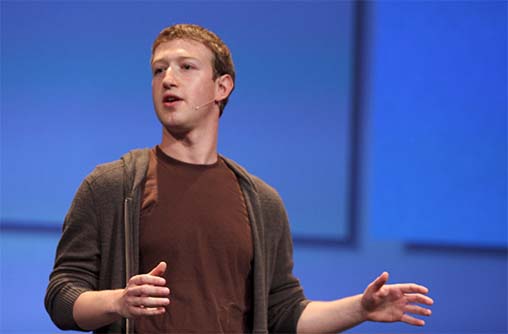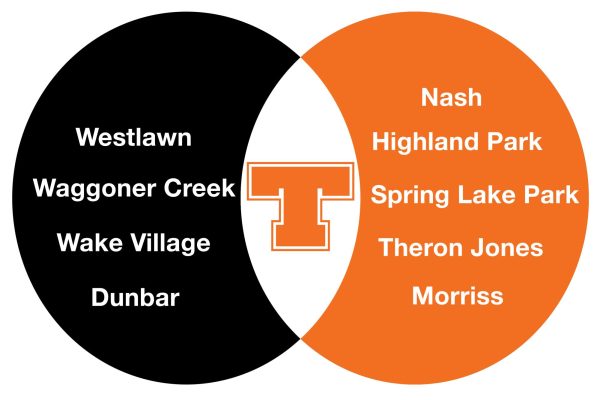Facebook vs. the internet
Is the Facebook scandal really a scandal?

photo from Creative Commons
May 3, 2018
Aleksandr Kogan and his company Global Science Research created a questionnaire called “This is your digital life” in 2013. The questionnaire prompted users to answer questions for a psychological profile that was shared on Facebook and was filled out by thousands of people, which eventually lead to millions of Facebook profiles being used for the physiological test.
The Guardian and The New York Times initially reported that 50 million Facebook profiles were harvested for Cambridge Analytica in a major data scandal.
This scandal eventually exploded and Facebook founder Mark Zuckerberg attended a public hearing in Congress in order to uncover all of the discrepancies and call attention to the “massive” data breach. The data that was collected from the Cambridge Analytica was eventually sold to the political organization to promote certain candidates via ads depending on the stuff people have posted and are affiliated with. Many believe that this propaganda heavily influenced the 2016 election.
In Facebook’s defense, the algorithm that these third parties users has also been used for good and to bring communities together. The algorithm that matches people up with ads based on the things they’ve posted and information that have put on the public domain was used by Facebook to upload smart ads that aligned with your interests; to make the ad experience less painful and possibly expose you to products or organizations you would be interested in.
Was it wrong? Yes, and Facebook should have been more transparent with what the data has been used for. Ultimately, users are the ones that allowed Cambridge Analytica to utilize the data by clicking the button and filling out the questionnaire. The fire that Facebook has been under cannot simply be blamed on the company itself.



















